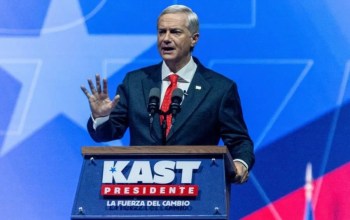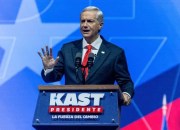On April 7, 2025, President Donald Trump met with Israeli Prime Minister Benjamin Netanyahu at the White House to address two major issues: newly imposed U.S. tariffs on Israeli goods and the escalating conflict in Gaza.
The Trump administration recently introduced a 17% tariff on Israeli imports, as part of a broader push for trade rebalancing. During the meeting, Netanyahu pledged to reduce Israel’s $7.4 billion trade deficit with the U.S. and called for the removal of the tariffs. However, Trump made no promises, reiterating his stance on “fair and reciprocal” trade as a cornerstone of his economic policy.
The leaders also turned to the Israel-Gaza war, focusing on efforts to secure the release of Israeli hostages held by Hamas. Netanyahu voiced optimism about reaching a new agreement to free the hostages, while Trump indicated that his administration might facilitate another ceasefire to support the negotiation process.
In a related development, President Trump announced that the U.S. would engage in direct nuclear talks with Iran, issuing a stern warning of consequences if Tehran fails to cooperate. Iran, however, expressed preference for indirect negotiations through a mediator.
Adding to the drama, the White House unexpectedly canceled a planned joint press conference between Trump and Netanyahu, offering no official explanation for the move.
The meeting underscored the growing complexity of U.S.-Israel relations, where economic friction and regional security concerns now intersect with broader diplomatic shifts in the Middle East.












